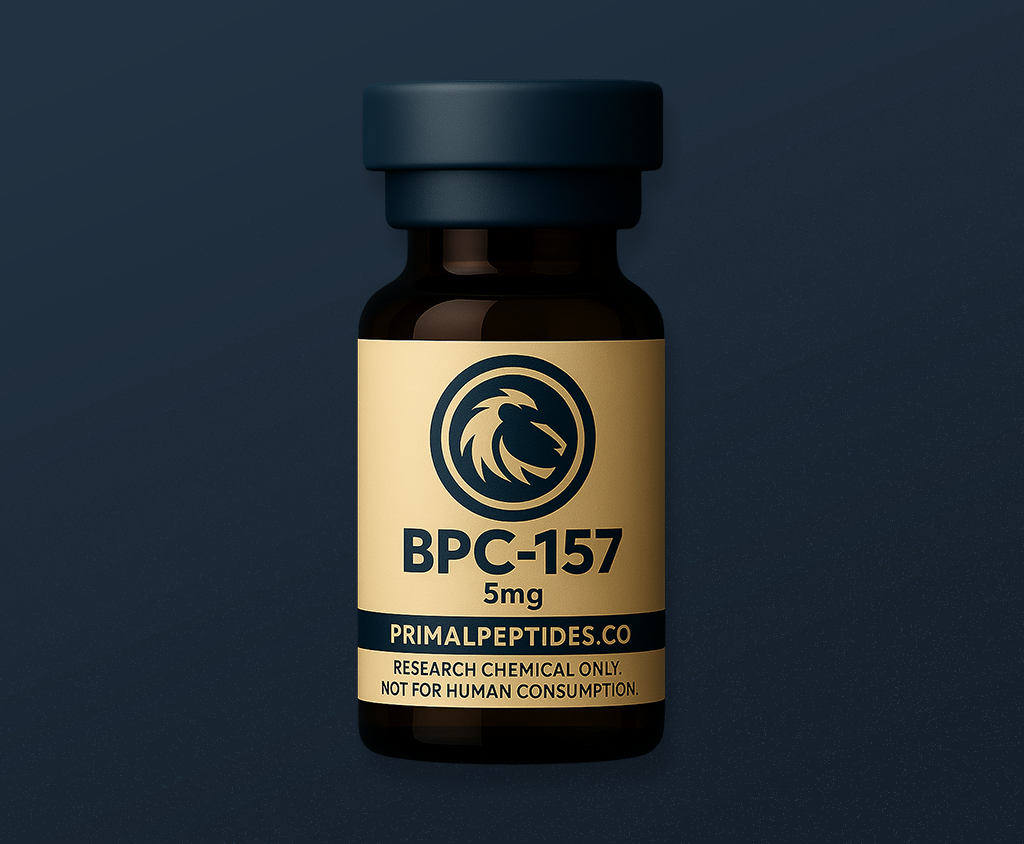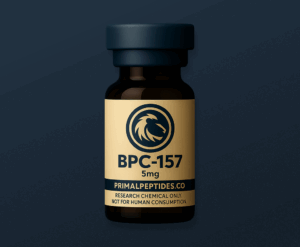HCG (Human Chorionic Gonadotropin) – Research Compound for Hormonal and Fertility Studies
Product Usage: All products made available on this website are intended exclusively for research and development purposes and are strictly not for human consumption or therapeutic use. These products are not approved by the U.S. Food and Drug Administration (FDA), and no statements on this website have been evaluated by the FDA. The products and any information provided are not intended to diagnose, treat, cure, or prevent any disease or medical condition.
Our research-grade HCG (Human Chorionic Gonadotropin) is a glycoprotein hormone widely studied for its role in reproductive health, endocrine function, and hormonal regulation. Naturally produced during pregnancy, HCG has been the subject of extensive research for its ability to stimulate gonadal hormone production and support fertility-related pathways. Its interactions with luteinizing hormone (LH) receptors make it a valuable compound in studies of testosterone production, testicular function, and hypothalamic-pituitary-gonadal (HPG) axis signaling.
Potential Research Benefits:
- Stimulation of Testosterone Production: HCG mimics LH activity in testicular cells, promoting endogenous testosterone synthesis in male subjects.
- Fertility Research Applications: Used in models exploring spermatogenesis, ovulation induction, and assisted reproduction support.
- HPG Axis Modulation: Studies show HCG can activate the HPG axis and support hormonal feedback loops in endocrine research.
- Testicular Function Studies: Often used to maintain testicular size and function in testosterone suppression models.
- Weight Regulation Pathways: Some research explores HCG’s role in appetite signaling and metabolic hormone interactions, though evidence remains limited.
Clinical Research References:
- HCG has been extensively studied for its influence on reproductive hormones and gonadal function, particularly in male fertility and endocrine axis modulation.
Storage and Handling:
- Store at 2–8°C (35–46°F) in a refrigerated environment.
- Keep away from direct light and moisture.
- Once reconstituted with bacteriostatic water, maintain refrigeration and use within 4–6 weeks for optimal stability.
Disclaimer:
This product is intended strictly for research purposes only. Not for human consumption or therapeutic use. Researchers are responsible for ensuring compliance with applicable laws and regulations.



Reviews
There are no reviews yet.